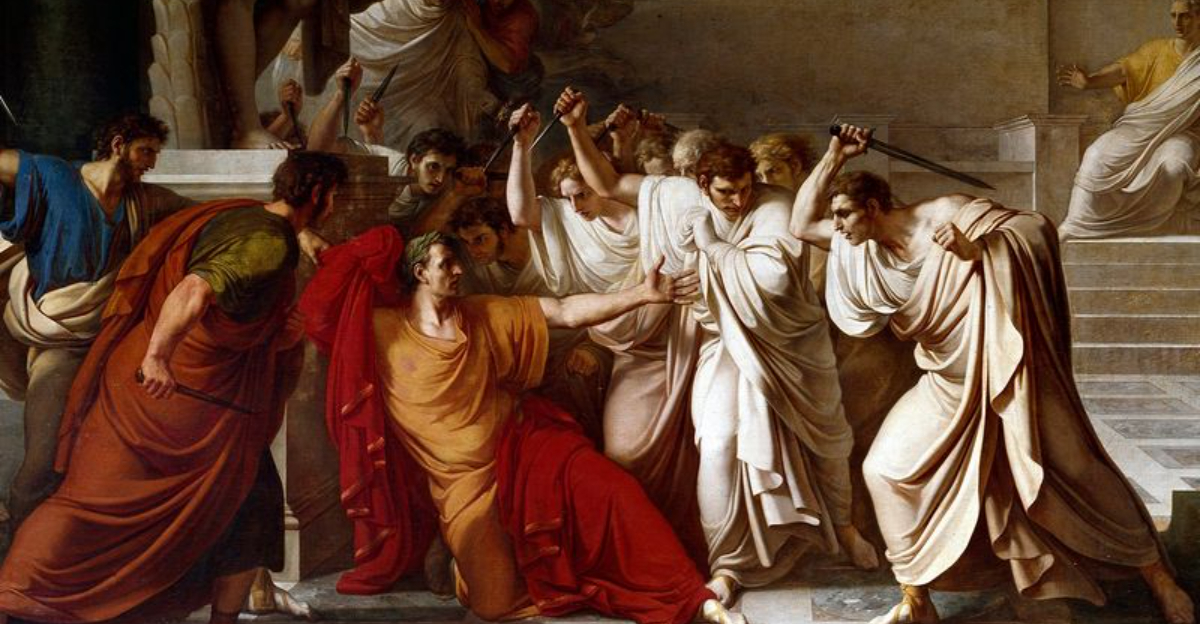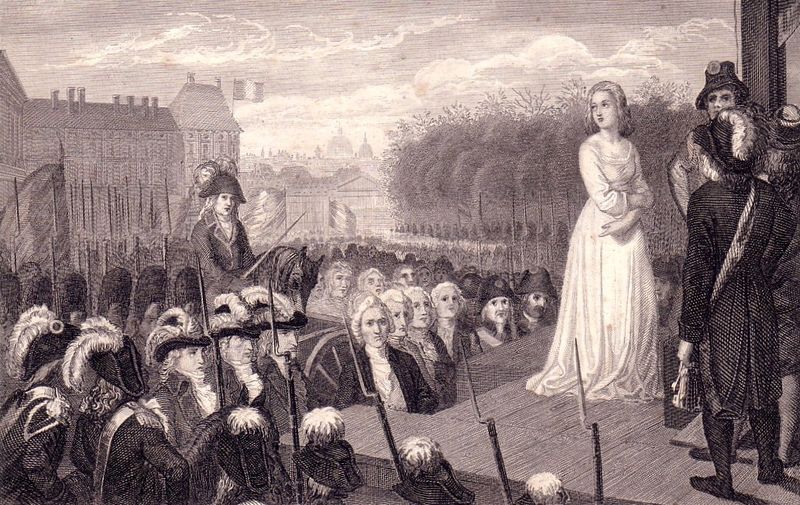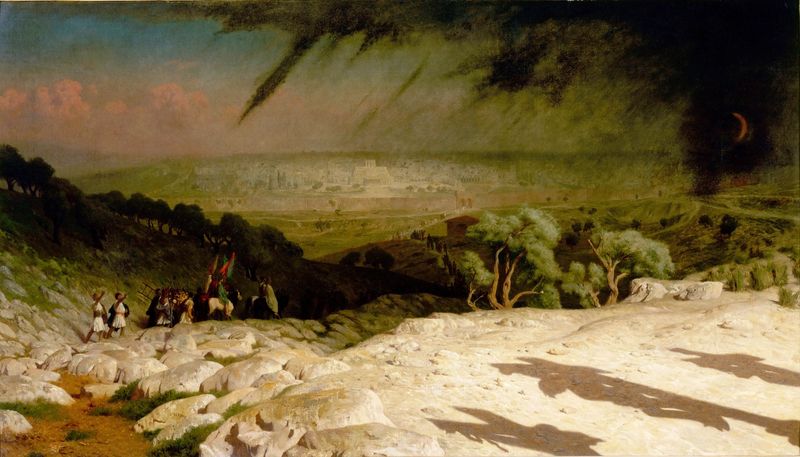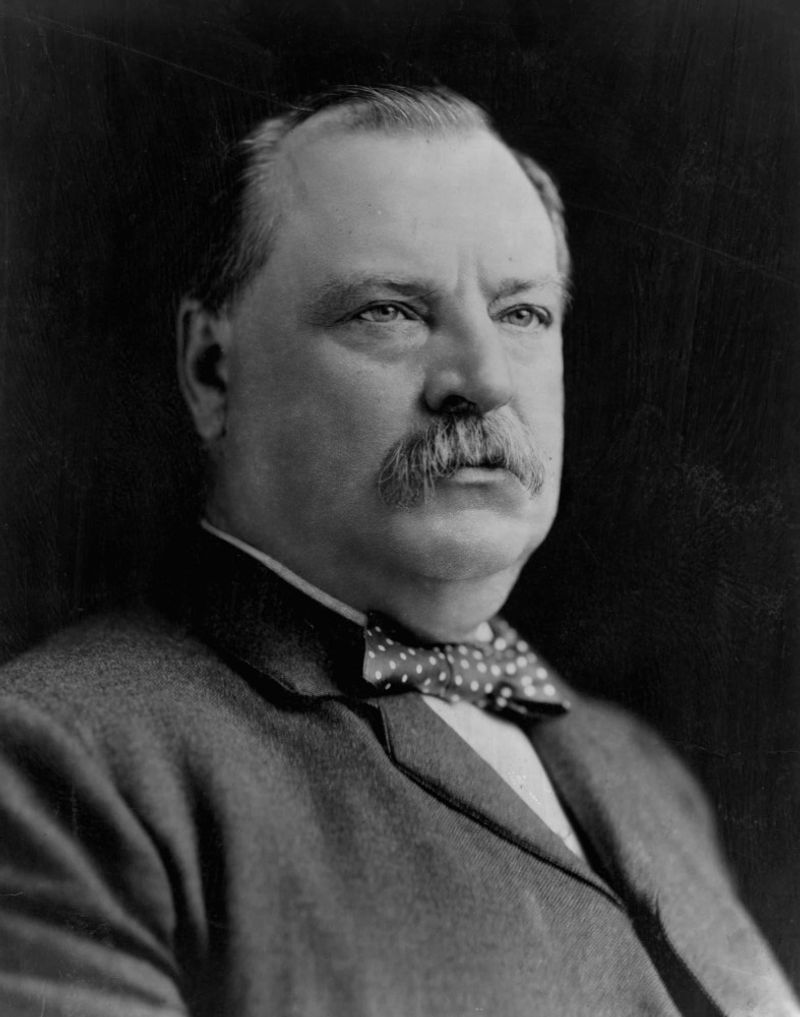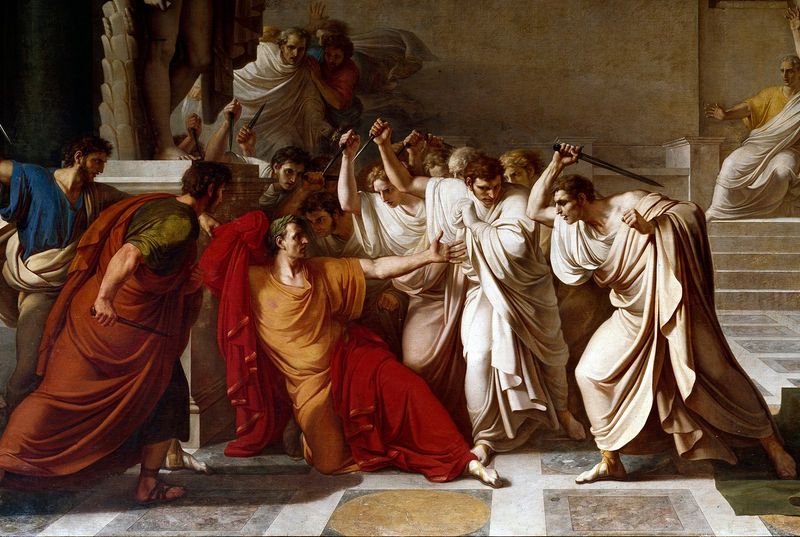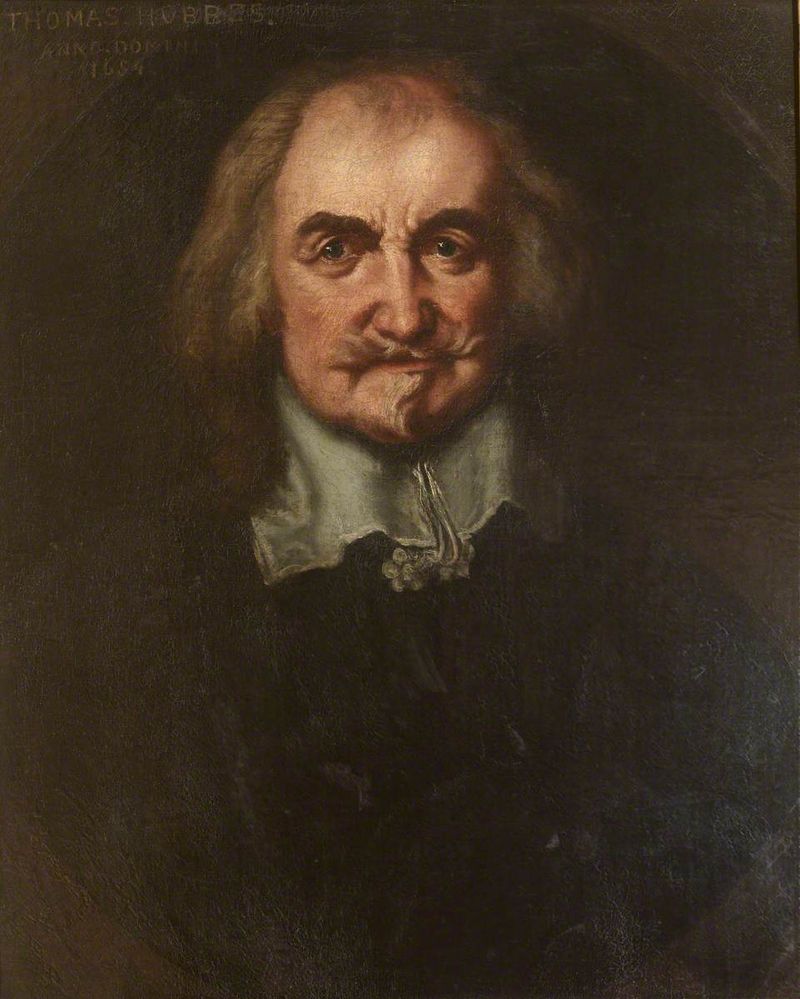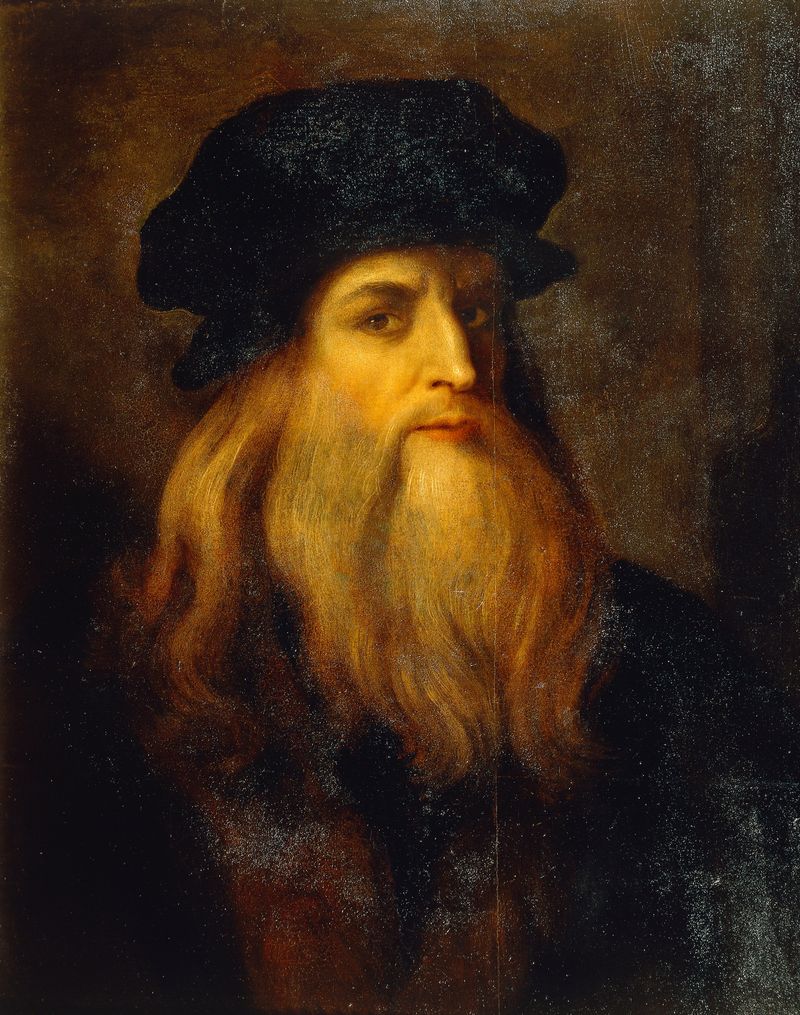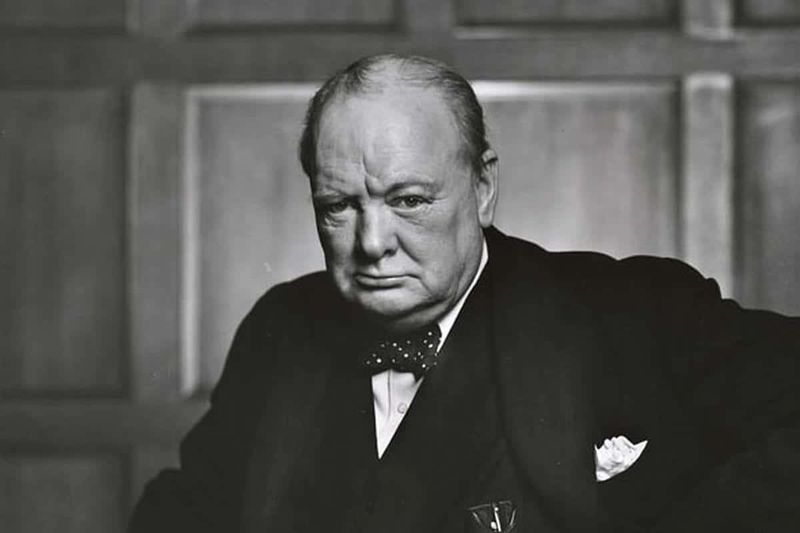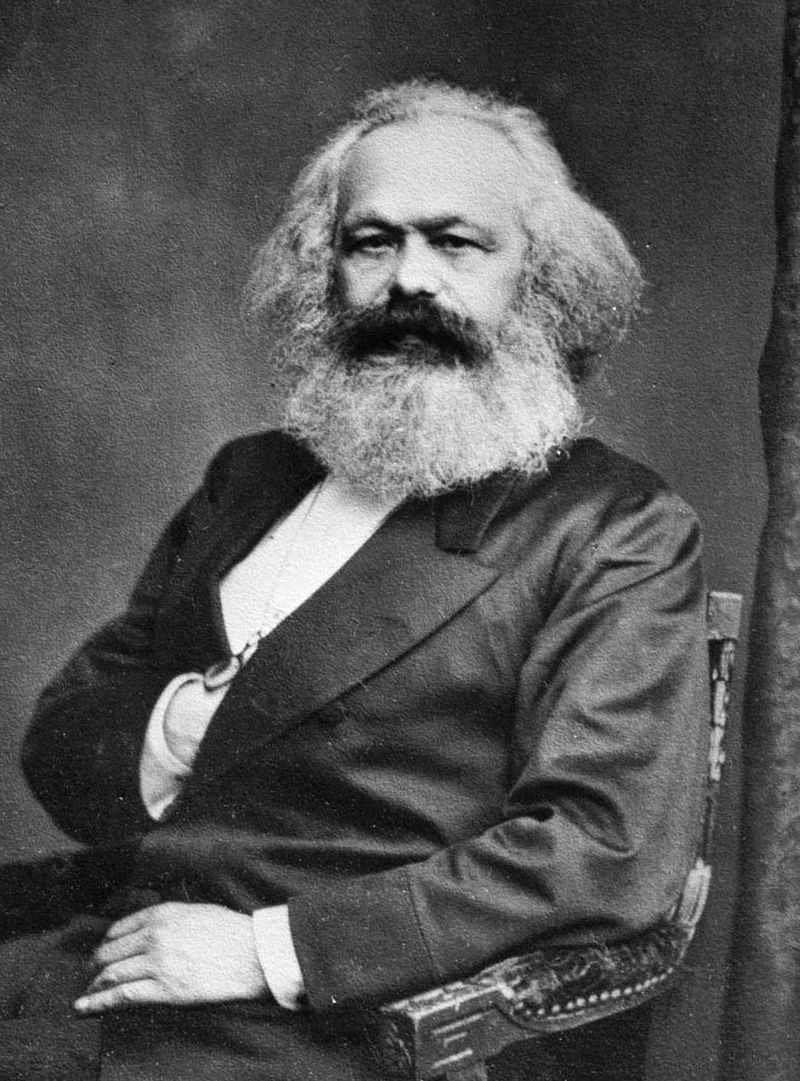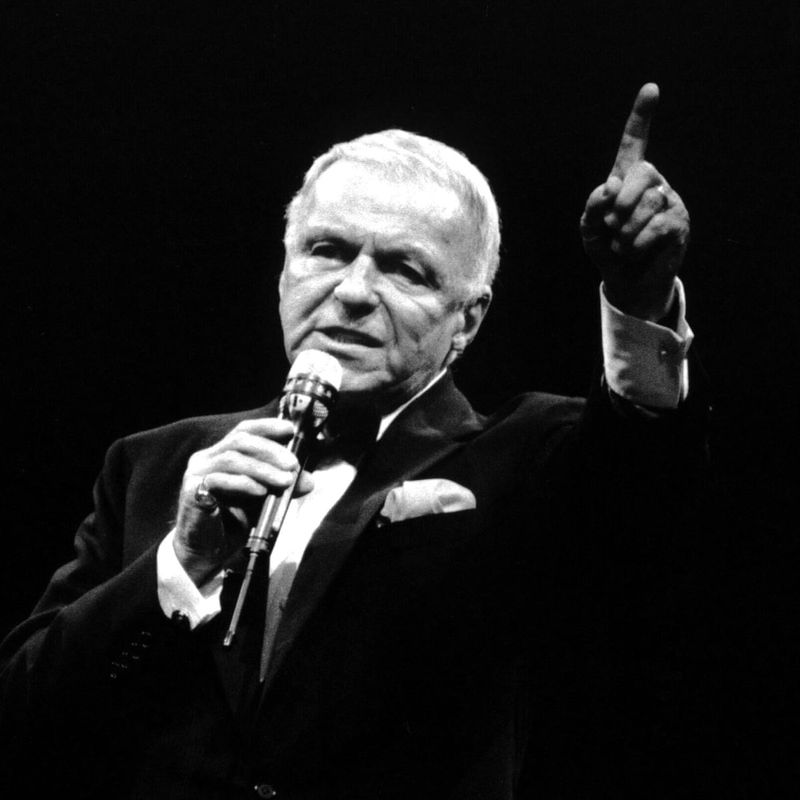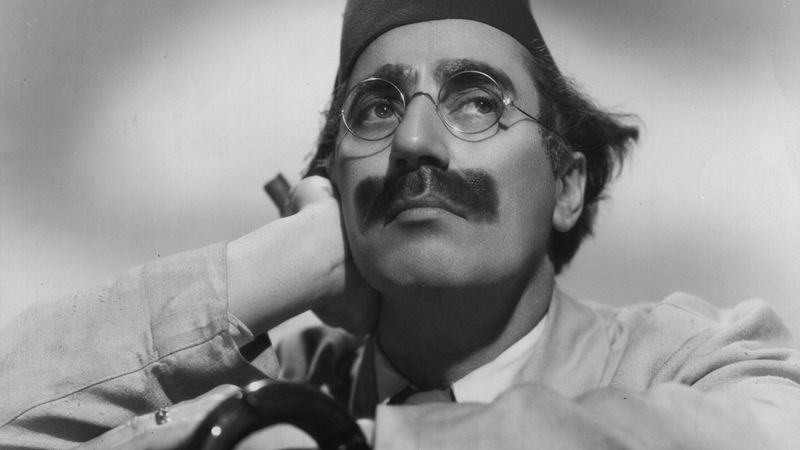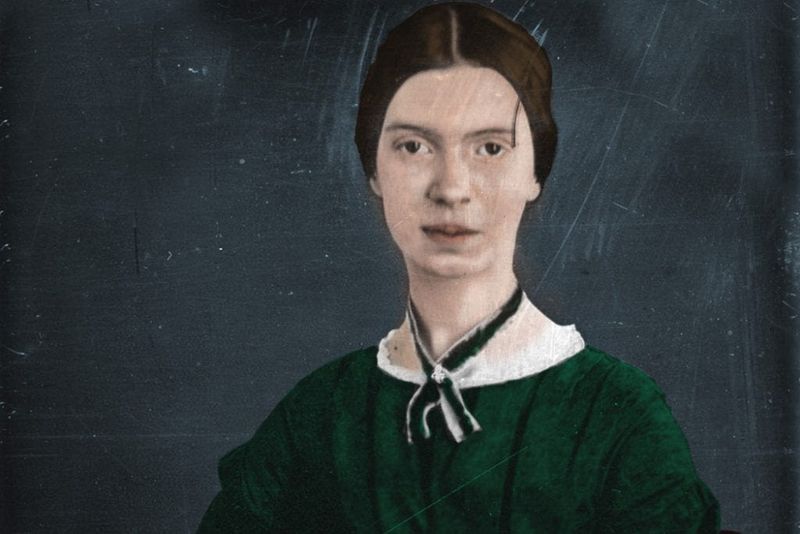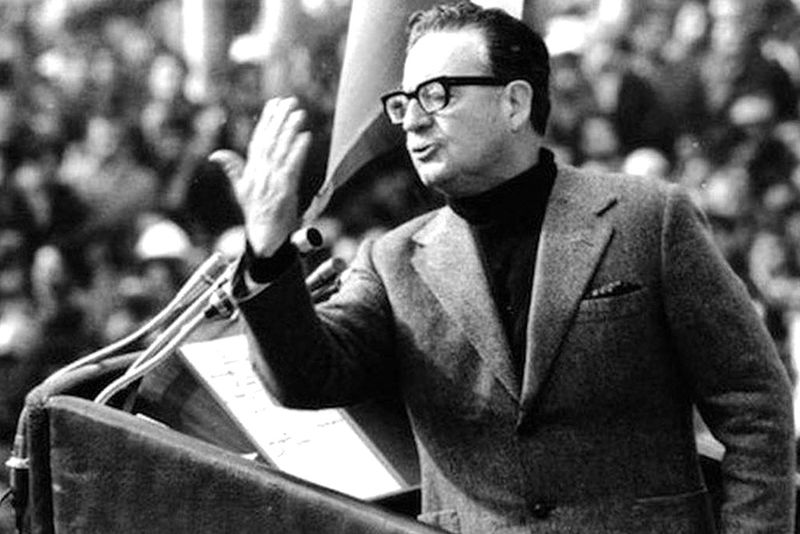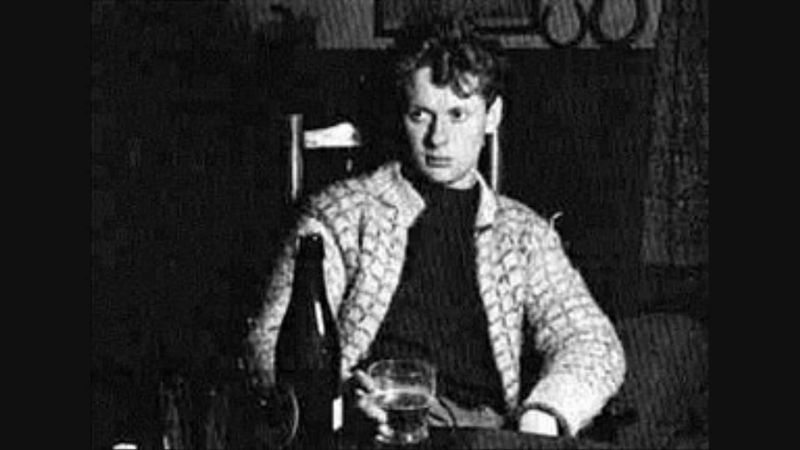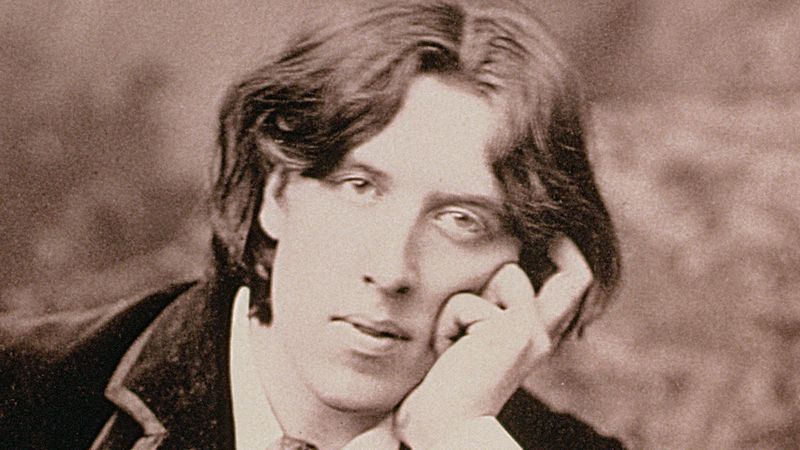Famous last words have the power to capture final sentiments and reflections of individuals who have shaped history. These expressions, often poignant or profound, provide a glimpse into the minds of people at the moment of their passing. Here, we explore 21 last words from figures whose legacies continue to echo through time, offering insights into their lives and the eras they lived in.
1. Nathan Hale
“I only regret that I have but one life to lose for my country.” – Nathan Hale, a young American patriot, expressed unwavering dedication to his cause. Captured by the British as a spy during the Revolutionary War, Hale’s last words embody the spirit of sacrifice for independence.
His statement, though brief, has resonated through American history as an emblem of patriotism and courage. Nathan Hale, at only 21, became an enduring symbol of the fight for liberty, reflecting the values and determination of the Revolutionary generation.
2. Marie Antoinette
“Pardon me, sir, I didn’t mean to.” – These were Marie Antoinette’s final words, spoken to her executioner after accidentally stepping on his foot on the scaffold. In that small, human moment before her death, the former queen showed grace and poise, even as the guillotine loomed. Her apology has echoed through history as a poignant symbol of fallen royalty and the end of the ancien régime during the French Revolution.
3. Jesus Christ
“It is finished.” – According to the Gospel of John, these were the last words of Jesus Christ as he was crucified. This statement signifies the completion of his earthly mission and the fulfillment of prophecy, altering the course of religious history.
The crucifixion, a pivotal event for Christianity, represents sacrifice and redemption, themes central to the faith. Jesus’s final words continue to inspire believers, symbolizing triumph over death and the promise of eternal life within Christian doctrine.
4. Grover Cleveland
“I have tried so hard to do the right.” – Grover Cleveland’s last words reflect his commitment to integrity and duty. As the only U.S. president to serve two non-consecutive terms, his leadership was marked by honesty and reform.
Facing the challenges of his era, Cleveland’s dedication to principle was evident in his final reflection. His presidency was characterized by efforts to combat corruption and uphold the values of the Constitution, leaving a legacy of steadfast governance and moral leadership.
5. Julius Caesar
“Et tu, Brute?” – Julius Caesar, a statement of shock and betrayal, uttered as he was assassinated by those he considered allies. This phrase has become synonymous with ultimate betrayal, highlighting the dramatic end of the Roman leader’s reign. Caesar’s assassination marked the end of the Roman Republic and laid the foundation for the rise of the Roman Empire.
Julius Caesar’s last words encapsulate the betrayal by Brutus, his friend, and ally. The assassination on the Ides of March in 44 BC remains one of history’s most pivotal and dramatized moments.
6. Edgar Allan Poe
“Lord, help my poor soul.” – Edgar Allan Poe’s enigmatic last words echo the mystery that shrouded his life and works. Known for his macabre and Gothic tales, Poe’s final moments remain as intriguing as his stories.
His life was marked by personal struggles and unfulfilled potential, yet his literary contributions left an indelible mark on American literature. Poe’s haunting words convey a sense of plea and despair, reflecting the troubled genius behind classics like “The Raven” and “The Tell-Tale Heart.”
7. Thomas Hobbes
“I am about to take my last voyage, a great leap in the dark.” – Thomas Hobbes, an influential philosopher, used poetic imagery to describe his impending death. Renowned for his work “Leviathan,” Hobbes’ thoughts on human nature and governance were groundbreaking.
His metaphorical last words reveal his view of death as an unknown journey, aligning with his philosophical inquiries into the nature of existence. Hobbes’ legacy continues to influence political thought, with his words exemplifying intellectual curiosity and existential contemplation.
8. Leonardo da Vinci
“I have offended God and mankind because my work did not reach the quality it should have.” – Leonardo da Vinci’s humble last words reflect his relentless pursuit of perfection. Despite his transformative impact on art and science, da Vinci expressed dissatisfaction, showcasing his unyielding standards.
Leonardo’s introspection highlights his visionary genius, which extended beyond the masterpieces of the “Mona Lisa” and “The Last Supper.” His enduring influence on multiple disciplines is a testament to his innovative spirit and enduring quest for excellence.
9. Winston Churchill
“I’m bored with it all.” – Winston Churchill, known for his leadership during World War II, expressed a candid view of life’s end. His words, tinged with wit and resignation, reflect a larger-than-life figure who had seen and achieved much.
Churchill’s legacy as a statesman, orator, and strategist was marked by resilience and determination. His final statement, seemingly casual, belies a life rich with history-making decisions and unwavering commitment to his country’s defense.
10. Karl Marx
“Go on, get out! Last words are for fools who haven’t said enough!” – Karl Marx, the father of Marxist theory, dismissed the notion of final words with characteristic impatience. His works, including “The Communist Manifesto,” challenged societal structures and inspired political movements.
Marx’s rejection of final words underscores his belief in the power of ideas over personal legacies. His enduring impact on political thought and social theory has sparked debate and reform across global societies.
11. Charles Darwin
“I am not the least afraid to die.” – Charles Darwin, famed for his groundbreaking work on evolution, faced death with calm acceptance. His scientific curiosity and detailed observations in “On the Origin of Species” reshaped biological sciences.
Darwin’s final words reflect a life dedicated to inquiry and discovery, highlighting his acceptance of natural processes. His theories on natural selection continue to underpin modern evolutionary biology, marking him as a pivotal figure in the understanding of life’s diversity.
12. Benjamin Franklin
“A dying man can do nothing easy.” – Benjamin Franklin’s final reflection on life speaks to the challenges faced even in his last moments. As a Founding Father, inventor, and diplomat, Franklin’s contributions to the fledgling United States were immense.
His witty and pragmatic nature is evident in his last words, encapsulating a life devoted to public service and various intellectual pursuits. Franklin’s legacy remains integral to American history, with his innovations and statesmanship continuing to inspire.
13. Victor Hugo
“I see black light.” – As Victor Hugo faced death, he described a transcendent vision. Known for his novels like “Les Misérables” and “The Hunchback of Notre-Dame,” Hugo’s words convey a mystical departure from life.
His literary genius captured the struggles of humanity and the beauty of redemption, making his works timeless. Hugo’s last sentiment reflects his capacity for poetic expression, even as he transitioned from the world he so vividly depicted.
14. Frank Sinatra
“I’m losing it.” – Frank Sinatra’s last words, spoken to his wife, reveal a moment of vulnerability from a man known for his confident stage presence. His iconic voice and charismatic style defined a generation of music.
Sinatra’s contributions to entertainment were vast, with a career spanning decades and influencing countless artists. His final words mark the end of an era in music, leaving behind a legacy of timeless songs and unforgettable performances.
15. Archimedes
“Don’t disturb my circles!” – Archimedes’ last words were a plea for focus as he was slain by a Roman soldier. His work revolutionized mathematics and engineering, leaving a profound legacy in the scientific community.
Archimedes’ dedication to his studies underscores his passion for knowledge, even in the face of death. His contributions to mathematics, particularly in geometry and calculus, remain foundational to modern science and engineering.
16. Groucho Marx
“Die, my dear? Why, that’s the last thing I’ll do!” – Groucho Marx’s wit shone through even in his final moments. As a beloved comedian, his humor and quick wit made him a household name.
Groucho’s legacy in entertainment encompasses film, television, and stage, with his comedic genius leaving a lasting impact. His playful last words reflect a life spent bringing laughter to countless audiences, ensuring his place in comedic history.
17. Emily Dickinson
“I must go in, the fog is rising.” – Emily Dickinson’s last words capture her poetic soul. Known for her reclusive nature and profound poetry, Dickinson’s work explored themes of death and immortality.
Her final words, shrouded in metaphor, reflect her unique view of life’s mysteries. Though largely unpublished during her lifetime, Dickinson’s poetry has since gained acclaim for its depth and introspection, solidifying her status as a literary icon.
18. Salvador Allende
“This is the fight of day and night. I see black light.” – Salvador Allende, Chile’s first socialist president, made a cryptic statement as military forces closed in during a coup. His presidency marked a significant period in Chilean history, focusing on social reform.
Allende’s last words, symbolizing resistance, echo his commitment to his ideals until the end. His tragic death remains a poignant reminder of political struggle and the quest for social justice in Latin America.
19. Dylan Thomas
“I’ve had eighteen straight whiskies… I think that’s the record.” – Dylan Thomas’s ironic remark captures his reputation for excess and brilliance. A celebrated poet and author, Thomas’s work resonated with its lyrical intensity and emotional depth.
His humorous last words, allegedly spoken in a New York tavern, reflect a life lived passionately. Thomas’s poetry continues to inspire, with works like “Do Not Go Gentle into That Good Night” embodying his powerful voice and enduring influence on literature.
20. George Harrison
“Love one another.” – George Harrison’s final message echoed his lifelong spiritual journey. As a member of The Beatles, his music and introspective lyrics touched millions.
Harrison’s emphasis on love and peace permeated his solo career, reflecting his commitment to spiritual growth and harmony. His closing words serve as a testament to a life rich with creativity and inspiration, leaving a legacy of compassion and musical innovation.
21. Oscar Wilde
“Either that wallpaper goes, or I do.” – Oscar Wilde’s wit prevailed even in death. Known for his sharp humor and literary prowess, Wilde’s works remain celebrated for their wit and insight.
His last words, delivered in a Paris hotel room, highlight his ability to find humor in any situation. Wilde’s legacy as a playwright and author endures, with classics like “The Picture of Dorian Gray” continuing to captivate audiences worldwide.
